I should have/ought to have invited the neighbours to the party They were so offended Should/ought to – probability 'Should' and 'ought to' can be used to talk about something that is probable or that it is expected to happen or that it is true We should/ought to be finished by this afternoonCall the emergency services if you Grammar videos Have to, must and should for obligation and advice 1 Must and Have To Must and have to are both used to talk about obligations things you cannot choose not to do For example We must talk to her before she leaves I have to go into work early tomorrow If you say, We must talk to her before she leaves, you mean that you think this is very important, and you need to do it When you say, I have to go into work early
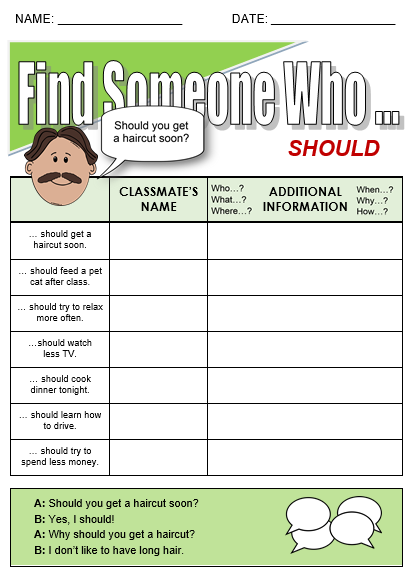
Should All Things Grammar
Must should may requirements
Must should may requirements-Los verbos modales must, have to, should, should have (Modals must, have to, should, should have) Should Se usa "should" para dar o pedir consejo o para dar opiniones en el presente "I have a terrible stomachache" "You should go to the doctor's" "I haven't heard from my father" Have to or must?
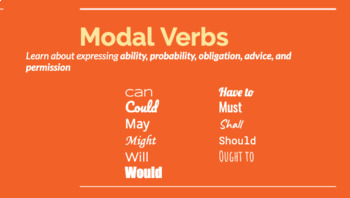



Esl Modal Verbs Powerpoint By Sienna Lyon Teachers Pay Teachers
Mustn't means it's not allowed, or it's a bad idea You mustn't eat so much chocolate, you'll be sickModals obligation, lack of obligation, prohibition and advice OBLIGATION MUST We use must to express a personal obligation, to say that in our opinion something is essential or necessary IIn general,we use 'have to' expresses impersonal obligation We use 'must' to talk about personal obligation
Those that primarily express a firm obligation or necessity must and have to those that express a recommendation or moral obligation should and ought toModal Verbs for ObligationPublication date This worksheet presents modal verbs used for talking about obligation, necessity and prohibition as well as for giving advice The present forms of the modal verbs must, have to, need to , needn't and should are studied and practised The worksheet is suitable for both classroom practice and selfstudy
In present, need to, must and have to are all used to express strong obligation All three have equal strength Often learners have difficulties with must and have to and often see little difference between the two In brief, the rule is that must is used for internal obligations, and have to is used for external obligations My tooth is sore I must go to the dentist To travel, you haveHave to, Must, Should For Obligation And advice I think I've heard people use should in other ways, like 'he should be here in a minut Is used more inShould is used to give advice or an opinion about what we think is right or wrong You should go to a therapist I think schools shouldn't offer soft drinks to their students Should is not as strong as must or have to You should be patient with me (=advice) You must be patient with me (=strong advice) ought to/ought not to = should/shouldn't




Obligation Advice Boardgame




Esl Modal Verbs Powerpoint By Sienna Lyon Teachers Pay Teachers
Give each pair of students a card Students describe the place or situation on their card by writing five sentences with modal verbs and expressions of obligation and prohibition, eg must, should, have to, etc When everyone has finished writing, pairs take itObligations in EnglishModal verbs of obligation (also called modal auxiliary verbs) like 'must', 'have to' and 'should'Lesson content Obligations and ruleNecessary (must, need to, have to) advisable (should, ought to, had better) permissible (may, can, could, might, would you mind) possible (may, might, could) And a modal can express the strength of the attitude Each modal has more than one meaning (Azar 91, 101) Should expresses obligation/necessity He should leave (intrinsic (6642
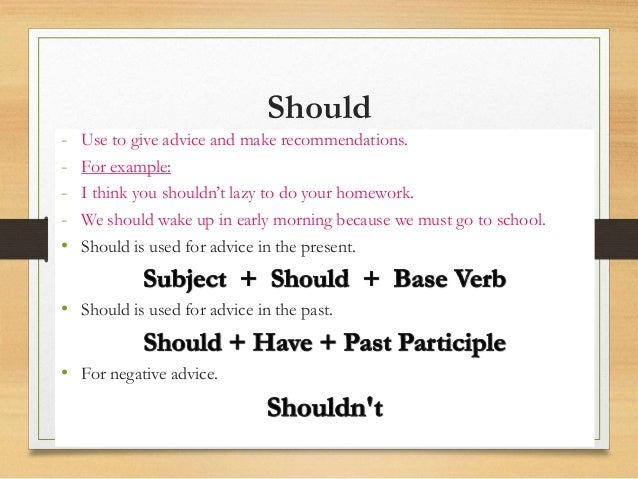



Modal Verbs Advice Obligation Permission




4 4 Obligation Should Ought To And Must
The next player then rolls the dice and so on If a player lands on a square that another student has previously landed on, they must give different advice from before The first player to reach the finish wins the game If you have a weak class, you can have the students play by giving one piece of advice with should or shouldn't Obligation 'Have to' and 'must' are both used to express obligation There is a slight difference in the way that they are both used 'Have to' shows that the obligation comes from someone else, not the speaker This is usually referring to a rule or law We have to be at the airport at least two hours before the flight I have to work on SaturdayModal Verbs Of Recommendation or Moral Obligation We use the modal verbs like must, should and ought to or equivalents words like have to, has to and will have to to say that it is necessary to do something These are called modal verbs of recommendation or moral obligation




Modal Verbs Of Recommendation Or Moral Obligation Should Ought To
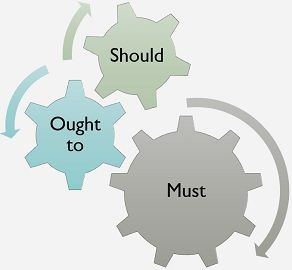



Difference Between Should Ought To And Must With Example And Comparison Chart Key Differences
have to = used for strong advice, obligations, and rules must = used for strong advice, obligation, and rules should = used for give advice (not as strong as the words above) Had better is used to give strong advice However, had better is only used when there is the threat (risk) of danger if you do not follow the adviceKita akan mengetahui jawabannya melalui pembahasan tentang cara penggunaan must, have to, should di bawah ini 1 Expressing Obligation Expressing obligation atau menyatakan kewajiban/ keharusan adalah salah satu fungsi dari must dan have to Dalam menggunakan must dan have to untuk menyatakan keharusan, kita harus melihat konteksnyaTOEIC Free English Course Modal Verbs of Obligation Exercise This modal verbs of obligation exercise checks your understanding of using have to and must Do you know when to use each modal?
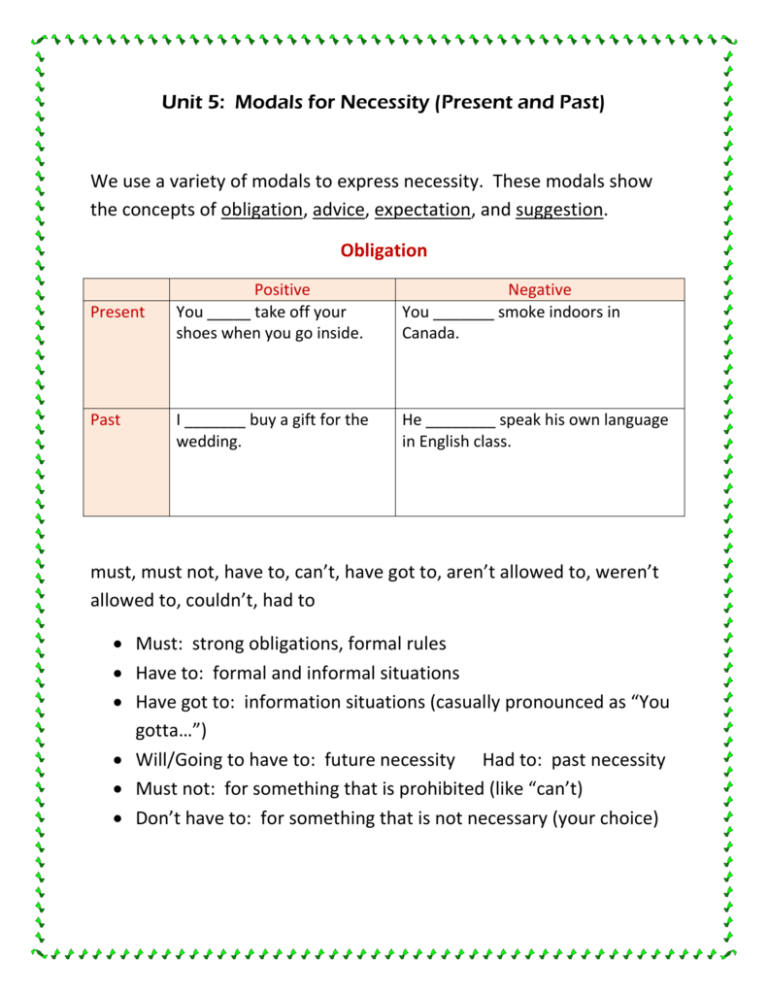



Unit 5 Modals For Necessity




Modal Verbs Must Have To
Amy Well, when your dog you shouldn't leave it on the street You should always clean it up and put it in the bin Oliver Hmm And a smaller dog? Difference Between Should and Must Should vs Must The words "should" and "must" are modal auxiliary verbs or simply modals They provide information about the function of the main verb following it Both "should" and "must" are similar in meaning except that "must" is a much stronger word as compared to "should" "Should" is the past tense of "shall" "ShouldMustn't is used to express prohibition (an obligation not to do something), whereas don't have to is used to express an absence of obligation (⇒ See Have to, must, should – obligation, prohibition, necessity, advice) You mustn't reveal where you get the information (=you have the obligation not to do it) You don't have to arrive before 7




Modals Must Have To Should Should Have Grammar Businessenglish Com



1
Objective At the end of this topic you will Use the modal verbs, should and ought to to express advice and suggestion in formal way, and have to and must to express obligation, compromise or need in affirmative, negative or interrogative forms, through different customary contexts to exchange personal informationIt's bad for you I don't think you should do it • Modals in the past You should have seen a doctor 4 Advice Modal Verbs OF 5 Use to give advice and make recommendations For example I think you shouldn't lazy to do your homework We should wake up in early morning because we must go to school • Should is used for advice in the present




Should Must Have To Advanced English Grammar Youtube
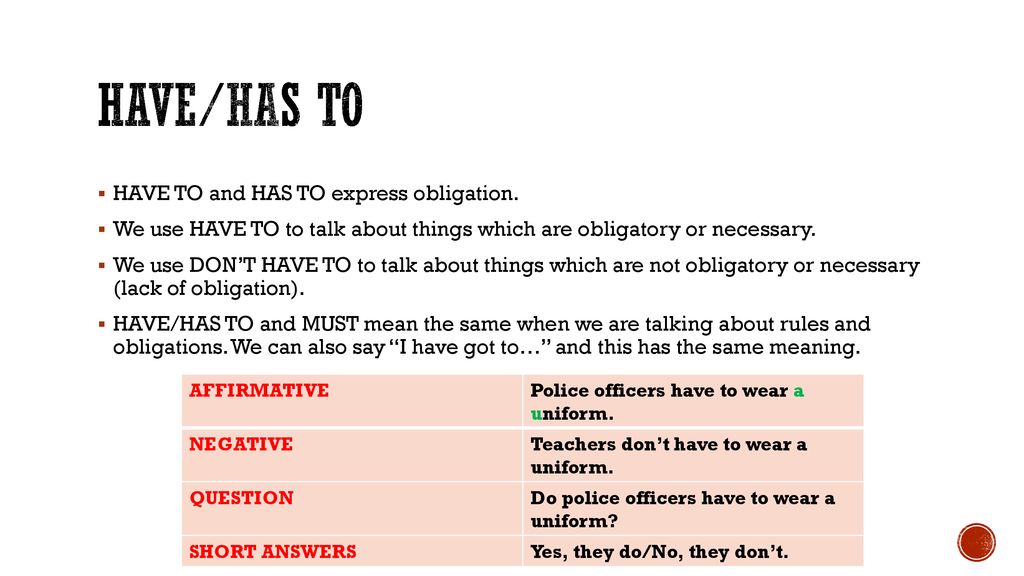



Obligation Prohibition Advice Ppt Download
English ESL MUST or HAVE TO (obligation) Powerpoint presentations Most downloaded (16 Results) This interactive Powerpoint presentation contains some flash cards and a multiple choice game on must / mustn't Hope is useful for you aIn this lesson, you can learn about the modal verbs must, have to and shouldDo you know the difference between 'must', 'have to' and 'should'?We use "must" to talk about obligations Often, when we use "must", the authority for the obligation comes from the person who is speaking Examples Should is a weak obligation, and we use it to give advice "You should study hard so you can pass the exam"




Modal Verbs Should Ought To Have To Y Must




Ability Logical Conclusion Necessity Obligation Permission Possibility Prohibition
You can find out below Good luck!And we use mustn't to talk about prohibition, when there is obligation not to do something If you don't have to do something, it means that you can do it if you want, but you don't need to do itLatest video https//googl/a2U8MF'Have to', 'Must' o 'Should' ¿Qué modales tenemos que, debemos y deberíamos emplear y cuándo?Help me make better vide




Should English Page




Have To Must Should Modals Of Obligation Prohibition And Advice Youtube
Should ought to had better Modal verbs are helping/auxiliary verbs that express ideas like ability, advice, and obligation Many modal verbs have more than one meaning They are always followed by the simple form of a verb For example Amanda should go to the doctor This shows that we think it is a good idea for Amanda to visit the doctorModal verbs part 2 obligation must, have to, should and ought to There are two types of modal verbs of obligation ; Grammar games advice, obligation, prohibition These 3 games provide some extra speaking practice when discussing functions of such verbs as should, shouldn't, must, have to, and not have to to express advice, obligation, and prohibition It is a good idea for preintermediate and intermediate students, adults and teenagers alike




Pin On Seema




Modal Verbs Of Obligation Lessons For English
Should expressing obligation Structure should infinitive form of a verb should be, should go, should do, etc We use should for the present and the future We use should to give advice to someone and to say that something is a good idea Should is weaker than have to and must You should tell them the truth You shouldn't smoke;Quizzes Obligation quiz 01 Tenquestion multiplechoice quiz on obligation with must, have to, should, be supposed to etc Obligation and necessity quiz 02 Tenquestion mulitple choice quiz have to / don't have to / must / mustn't/ is allowed to / can Obligation, necessity and permission quiz 3 Sixteenquestion MC quiz, past and presentWhile questions with "must" are grammatically correct, it is more usual nowadays to use "have to" for questions There is no past form of must for obligation We had to show our passports at the border We weren't allowed to use calculators in the exam Or, we couldn't use calculators in




Modal Verbs Must Should Have To English Esl Worksheets For Distance Learning And Physical Classrooms




Should English Grammar
We use when the necessity comes from the speaker We use when the necessity comes from outside the speaker, ie rules or laws 15 Must ( infinitive) • We usually use must when the obligation is inside the speaker (it is a moral obligation) I must do some exercise to get fit have to ( infinitive) • We use have to when the obligation is outsideObligation & conseil MUST, HAVE TO, NEED, SHOULD En anglais, on peut utiliser des modaux pour donner un conseil et exprimer l'obligation, ou son absence Conseil On emploie SHOULD et SHOULDN'T pour donner un conseil ex You should work hard at schoolWell, you don't have to go twice, but you must go at least once Every day Rain, snow, sun every day And you mustn't forget to take two or three small plastic bags when you go out Oliver Plastic bags?




English Modal Verbs Of Obligation The Main Verbs Of Obligation Are Must Have To Should The Past Easy English Grammar English Learning Spoken Learn English




Modal Verbs Are Auxiliary Verbs Which Cannot Usually
We use don't have to when we don't need to do something, when there's no obligation;50 % obligation I should / ought to see a doctor I have a terrible headache to suggest an action or to show that it is necessary advice You should / ought to revise your lessons to be very probable logical conclusion (deduction) He should / ought to be very tired after such enormous work HAD BETTER to suggest an action or to show thatNote that we don't use must to express obligation in the past We use have to instead I had to pay £85 to renew my passport last week No obligation don't have to We use don't have to to show that there is no obligation You can do something if you want to but it's not compulsory You don't have to wear a tie in our office but some people



1
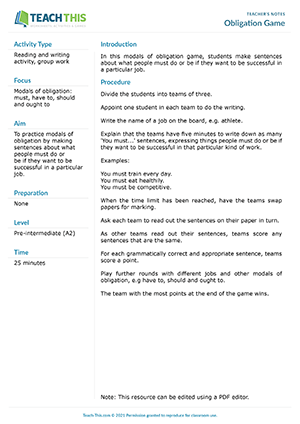



Modals Obligation Prohibition Esl Activities Games Worksheets
Check your grammar grouping – have to, must and should Put the phrases in the correct groups drive on the right side of the road in the UK – everyone drives on the left!We can use have to infinitive, must infinitive and should infinitive to express obligation (something you have to do) Be careful about the difference between mustn't and don't have to!Obligation have to María has to go to Rome must You must see a doctor Must expresses more urgency than have to She had to see a doctor Must is only used in the present simple no obligation don't have to He doesn't have to go "It´s your choice" prohibition mustn't You mustn't insult people recommendation should




Mosaic Trd2 Gv U7 1 Languages Language Arts Discipline




Modals Permission And Obligation Grammar Intermediate To Upper Intermediate British Council




Grammar Games Advice Obligation Prohibition




Modals Advice Obligation Or Prohibition English Esl Worksheets For Distance Learning And Physical Classrooms




Modals Of Obligation And Probability In English Explained Lingoda




Modal Verbs Must Should Have To Worksheet




The Difference Had Better Vs Have To Must Should English Modals




Obligation Prohibition Advice Ppt Download




Have To Must Should Modals Of Obligation Prohibition And Advice Youtube




Should Must 2 Worksheet




5th Grade Loretoinglesprimaria




Modal Verbs Must Should Have To English Esl Powerpoints For Distance Learning And Physical Classrooms
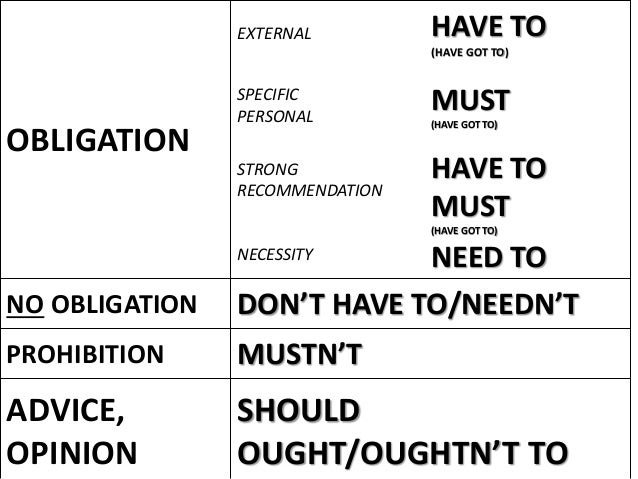



Have To For Obligation And Need To For Necessity
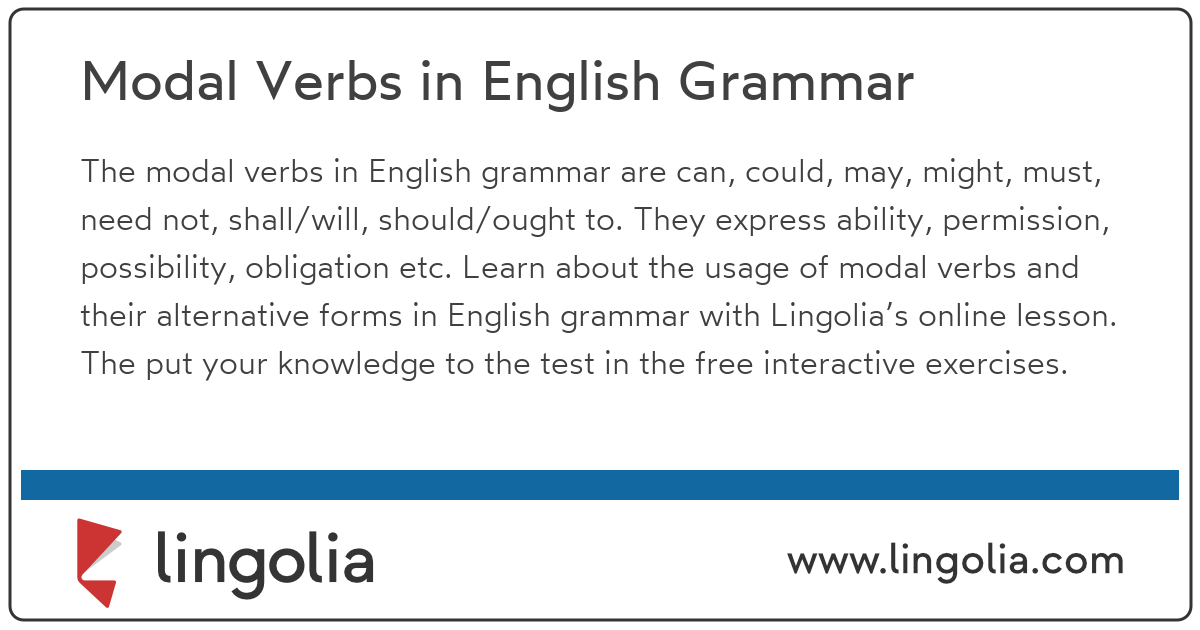



Modal Verbs In English Grammar
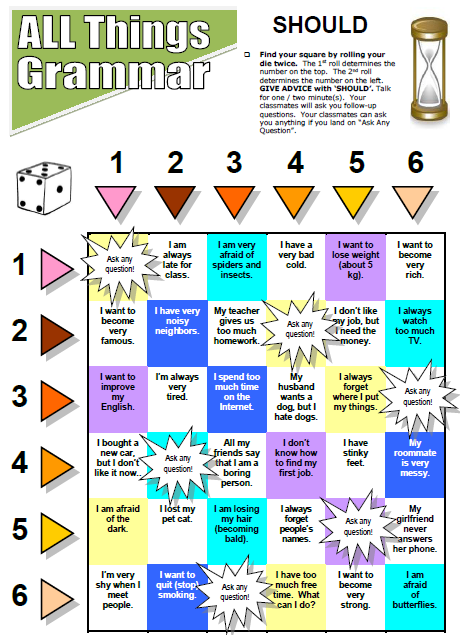



Should All Things Grammar




Test English Prepare For Your English Exam




Juana Moral S English Site Modal Verbs Iii Obligation Must Mustn T Have To Don T Have To Need To




Modal Verbs My English Blog




English Grammar Modal Verbs Or Modal Auxiliaries Lesson 1 General Rules And Definitions Learn English With Africa
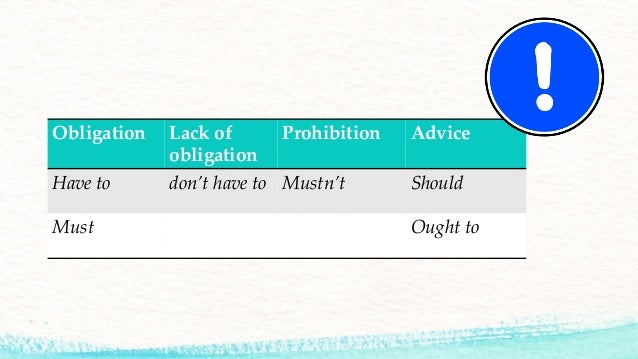



Obligation And Advice B1




Modal Verbs Onomastics Verb



Modal Auxiliary Teacher Jairo 21 Website Only For Education
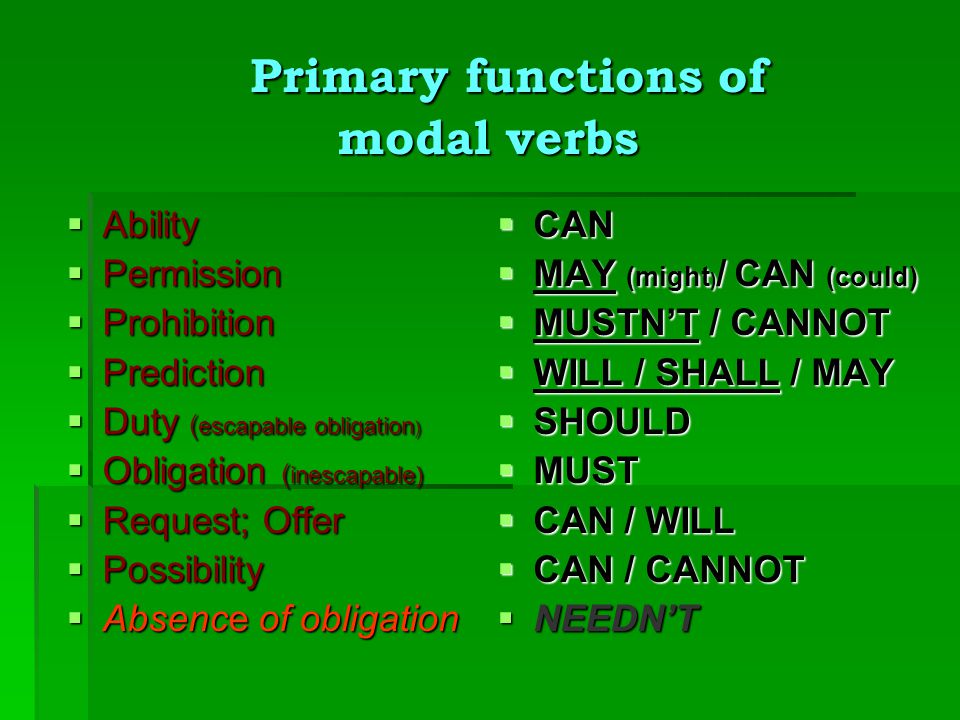



Modal Verbs Using The Modal Verbs We May For Example Ask For Permission To Do Something Grant Permission To Someone Give Or Receive Advice Make Or Ppt Video Online Download
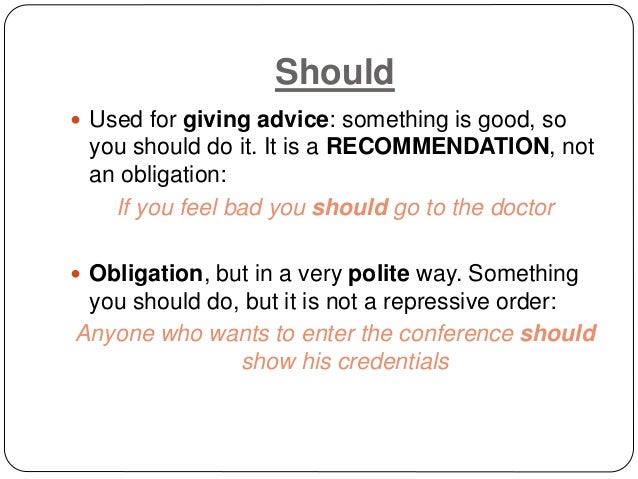



Should Must Have To




Juana Moral S English Site Modal Verbs Iii Obligation Must Mustn T Have To Don T Have To Need To




English Esl Must Or Have To Obligation Worksheets Most Downloaded 132 Results




Modal Verbs For Suggestion And Advice Grammartop Com



Functions Of Modal Verbs Match Up




Lesson Three Competency Level 6 3 Uses Modals Chegg Com
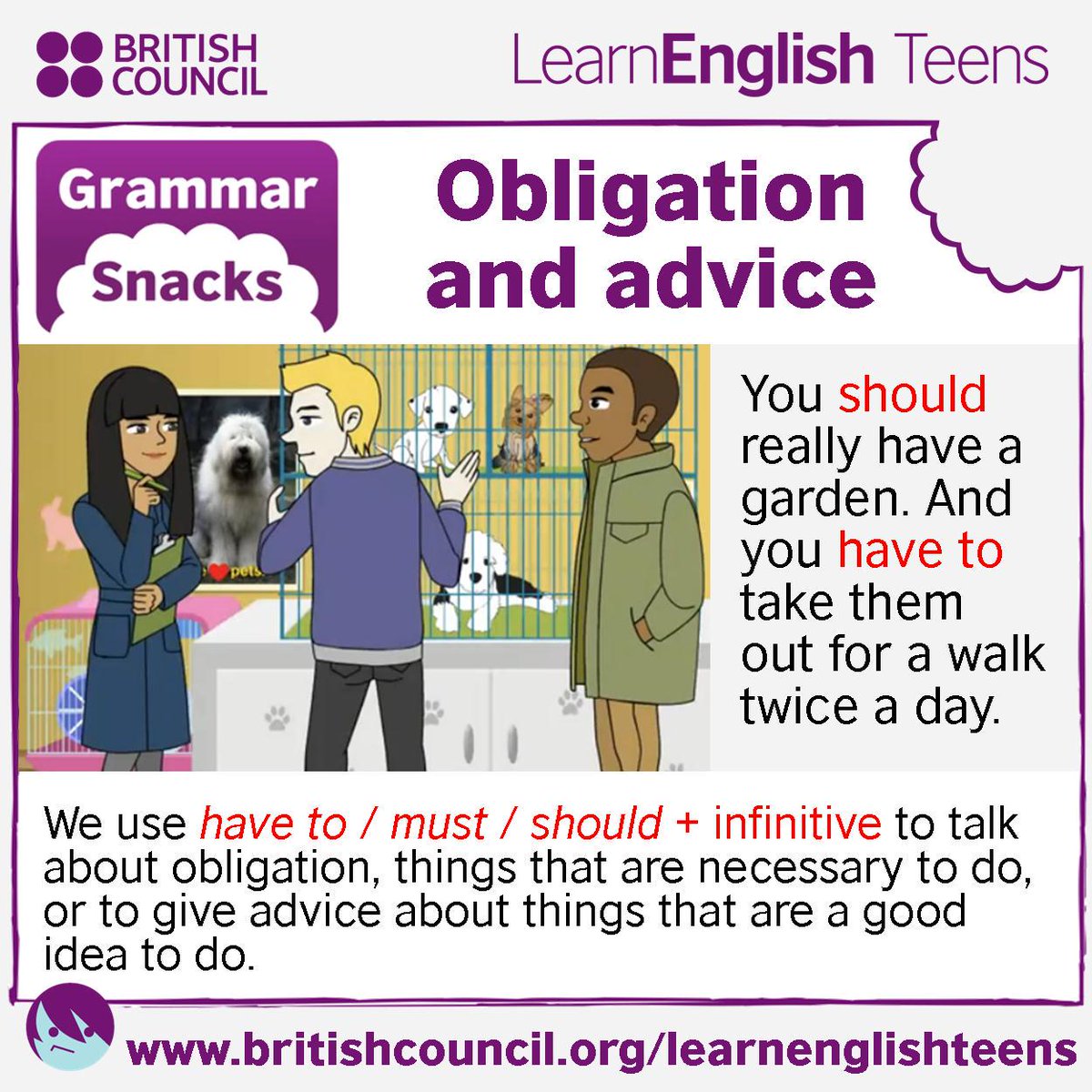



Learnenglish Find Out How To Use Have To Must Should To Talk About Obligation And Advice T Co 9en1omg7ls T Co C3yrhp1tjo Grammar



7a Advanced English Grammar Differences Between Must Have To Ought To Should Need Needn T Have
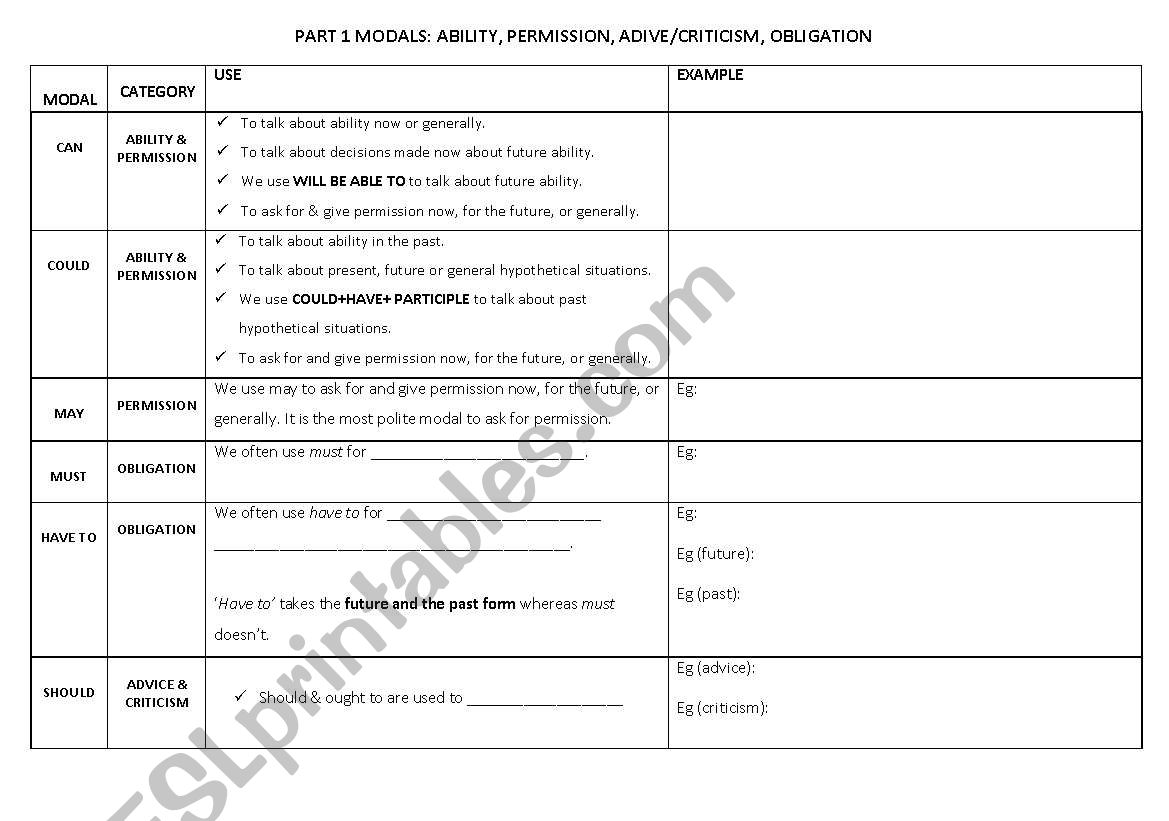



Modals Ability Permission Advice Criticism Obligation Esl Worksheet By Natalia




Free English Language Learning Resourcesshould Vs Must Advice Recommendation Vs Obligation
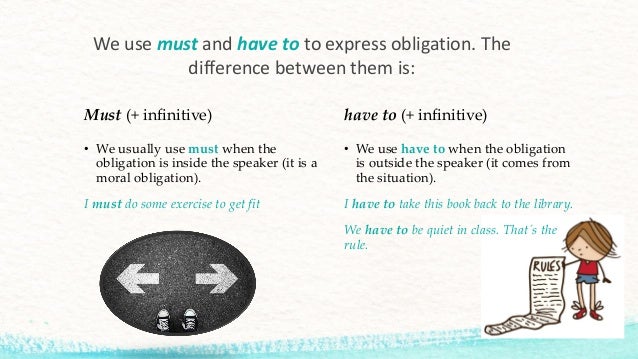



Obligation And Advice B1




Should All Things Grammar
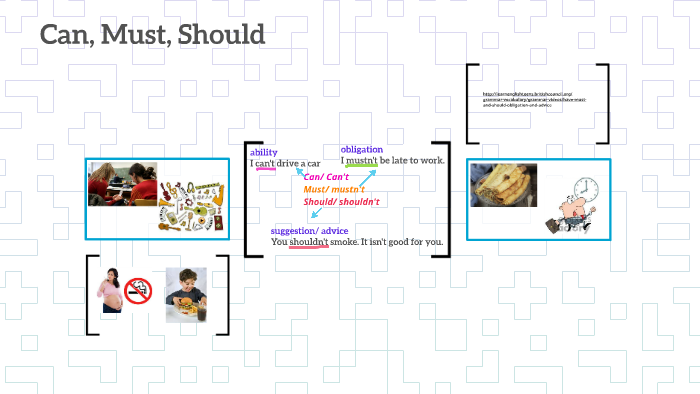



Can Must Should By Perju Tatiana



Modal Verbs Mindmap Eksempel



Modal Verbs




Should English Grammar



Modal Verbs Of Obligation Video Dailymotion




Test English Prepare For Your English Exam



1




English Grammar Modals Modal Verbs




Simmonds Learn English Modal Verbs Youtube




Modal Verbs Must Have To




Modal Verbs Modal Verbs Must Should Can Could




Test English Prepare For Your English Exam




Modal Verbs Obligation Prohibition Advice And Deduction Worksheet
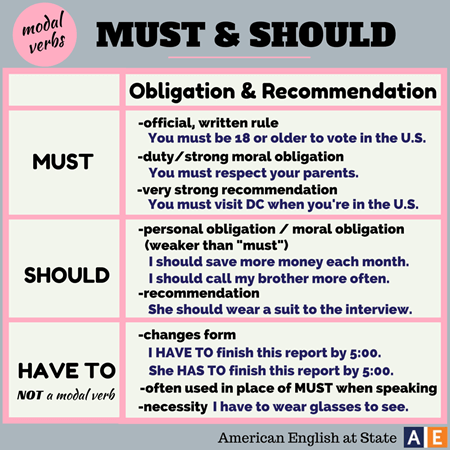



Modal Verbs Must Should And Have To English Learn Site
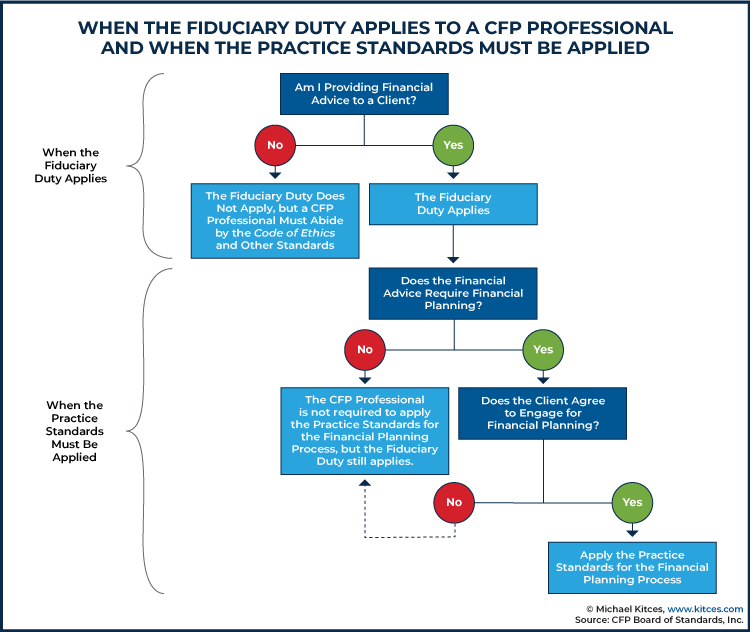



New Fiduciary At All Times Standard For Cfp Professionals




Modal Verbs Are Auxiliary Verbs Which Cannot Usually




The Difference Between Must Have To Shall Need And May




Suggestions With Modals Of Advice And Necessity Esl Library Blog




Test English Prepare For Your English Exam




Modal Verbs The Condiments Of English English Live Blog




Modal Verbs Worksheets And Online Exercises




Have To Must And Should For Obligation And Advice Learnenglish Teens British Council




Modals Of Obligation Definition And Example Sentences The Main Verbs Of Obligation Are Must Have To Should T Main Verbs English Classes For Kids Sentences
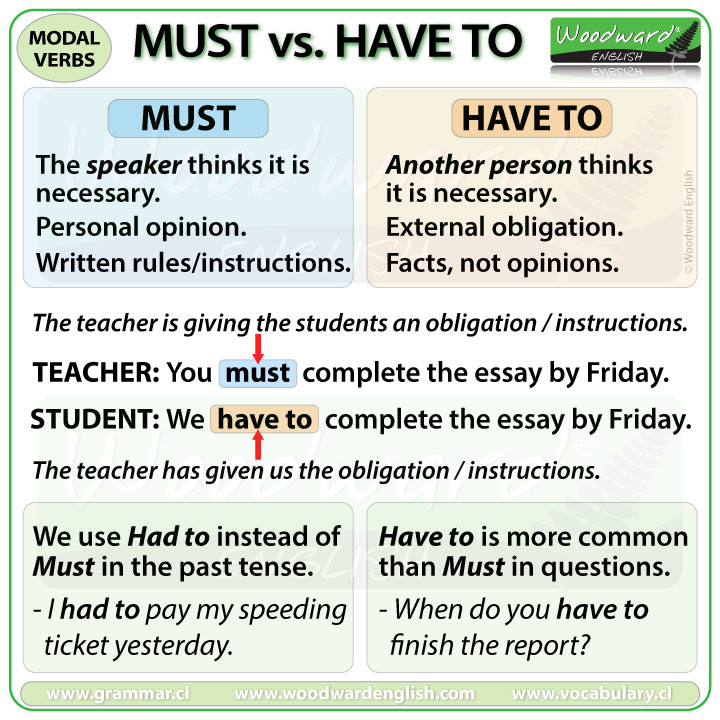



Must Vs Have To Woodward English




Obligation And Advice B1
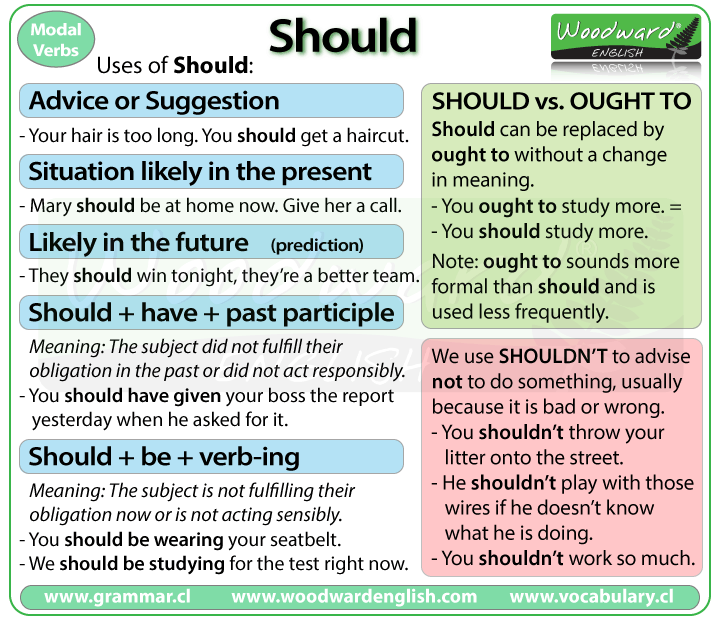



Should English Grammar
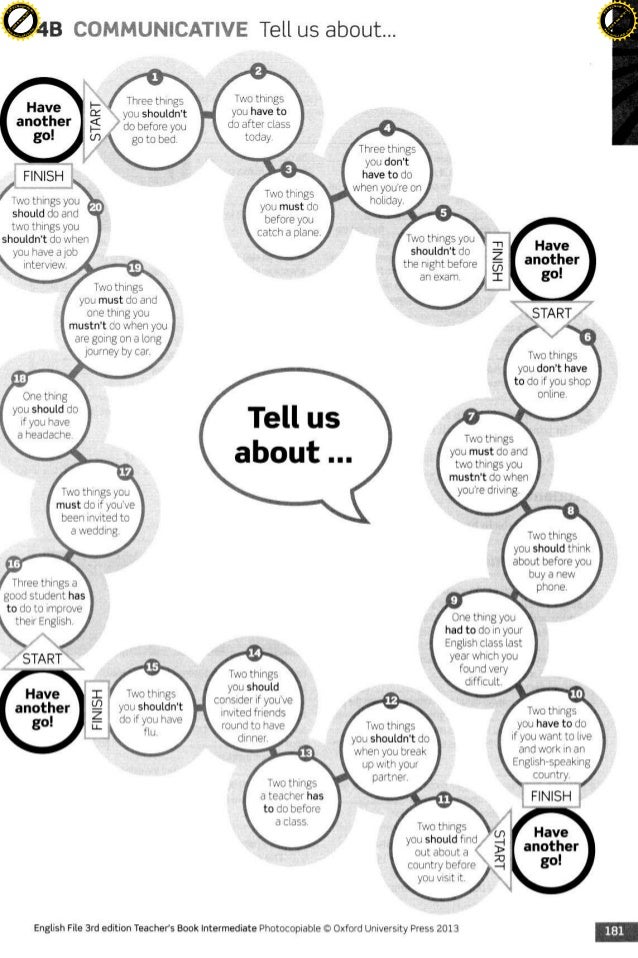



Obligation Advice Boardgame
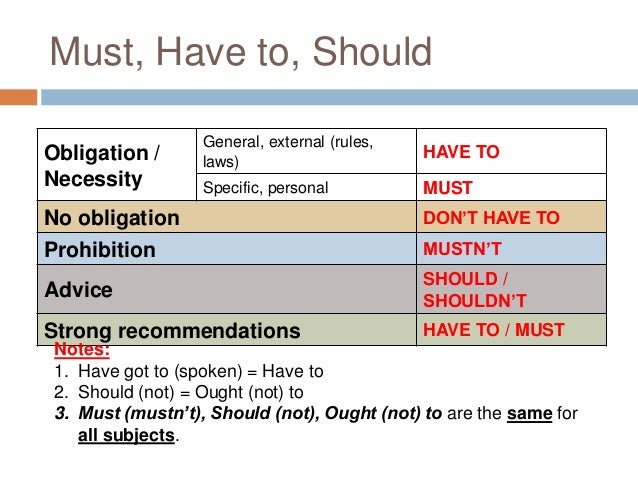



Must Have To Should Unit 7




Modals Must Have To Should Should Have Grammar Businessenglish Com




5 Must Use Exercises For Teaching Esl Modal Verbs



1




Modal Verbs Can Must Mustn T Should Have To Worksheet
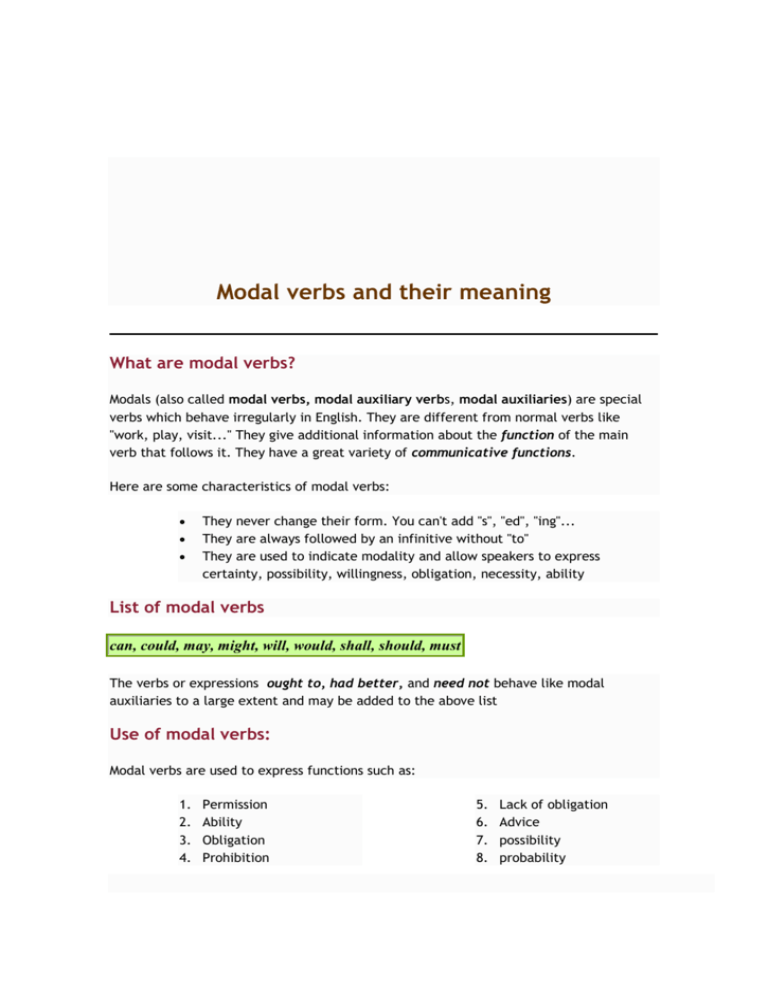



Modal Verbs And Their Meaning




Must Have To And Should For Obligation And Advice In English Youtube
/sign-warning-people-of-fines-for-feeding-wildlife-in-a-park-at-arakoon-in-new-south-wales--australia-847527992-5bc9d8c246e0fb0026d028e0.jpg)



How To Use Must Have To And Need To In English
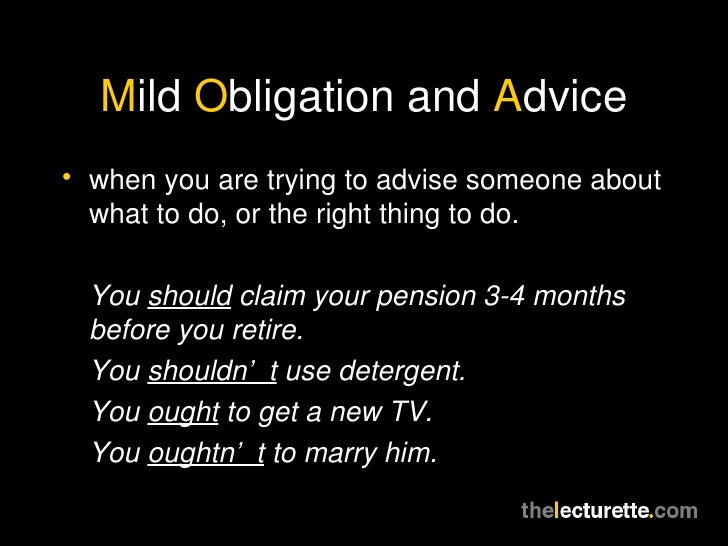



Qly8ajp7 Usuym




Have To Must And Should For Obligation And Advice Grammar And Vocabulary Advice Learn English




The Difference Between Must Have To Shall Need And May




Test English Prepare For Your English Exam
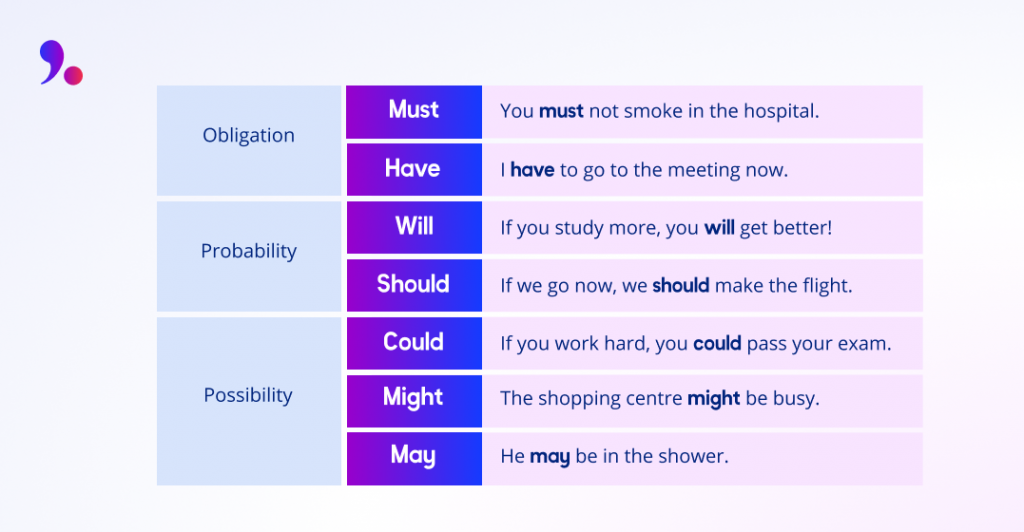



Modals Of Obligation And Probability In English Explained Lingoda




Have To Must And Should For Obligation And Advice Learnenglish Teens British Council
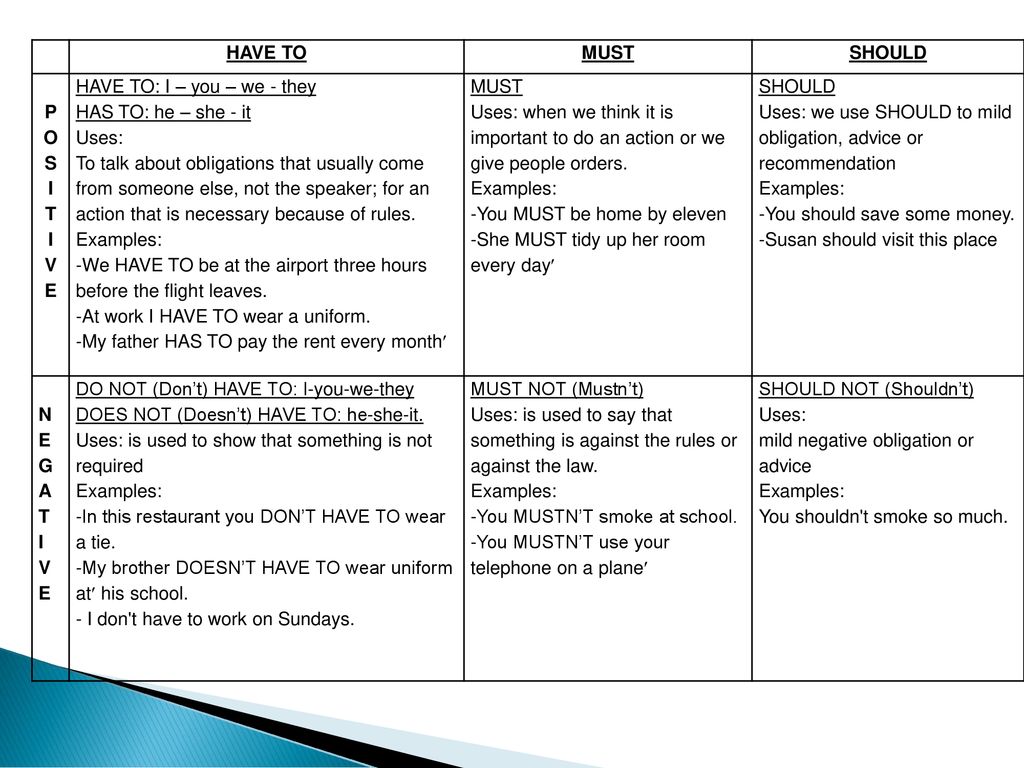



Grammar Review For 9th Grade A B C Ppt Download




Unit3 Modals Of Obligation Advice And Permission Tp9 3rd 4th Year Worksheet




3 Grammar Games To Practice Expressing Advice Obligation And Prohibition Should Shouldn T Must Mustn T Have To And Not Ha Grammar Games Grammar Advice




Modal Verbs Are Auxiliary Verbs Which Cannot Usually



0 件のコメント:
コメントを投稿